Party Congress Reveals Pressures On North Korea: Analysts
North Korea's twice-a-decade party congress has revealed the extent of the pressures on its struggling economy in the face of the coronavirus epidemic, sanctions, and deadlocked nuclear talks with the US, analysts say.
Leader Kim Jong Un repeatedly apologised for mistakes in economic management, promising greater prosperity in future and -- in a move seen as reinforcing his personal authority -- was appointed the party's general secretary, a title previously reserved for his father and predecessor.
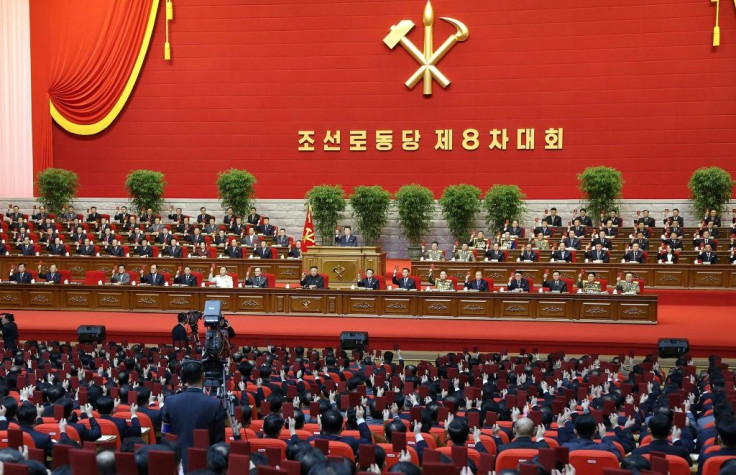
But the prospects diminished for market reforms that could improve the situation on the ground, or any change in the stand-off with Washington, with Kim sending the incoming Biden administration a message that Pyongyang would keep advancing its arsenal unless the US offered concessions.
The eight-day congress of the Workers' Party was held in the depths of the bitter Korean winter and ended Tuesday, little more than a week before Biden's inauguration.
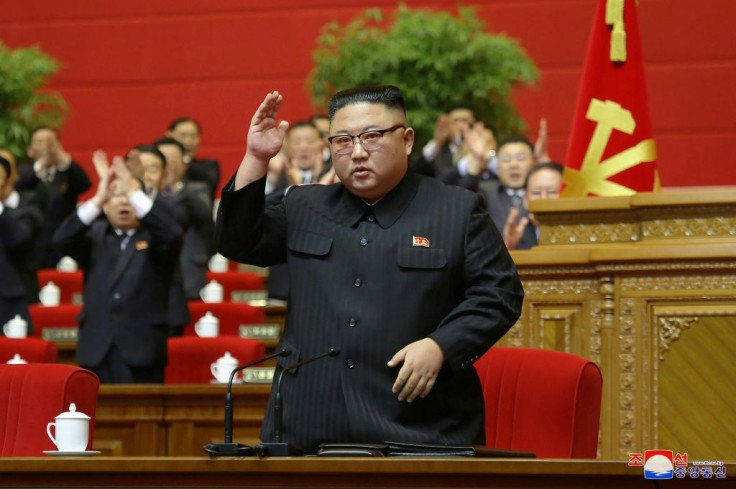
Pyongyang realises the need for sanctions relief if it is to develop its economy, analysts say, but has so far shown no willingness to curtail the nuclear and ballistic missile programmes that the measures punish.
Instead Kim -- who had a tumultuous relationship with the outgoing President Donald Trump -- called the US his country's "foremost principal enemy", pledged to strengthen his nuclear arsenal, and said plans for a nuclear-powered submarine had been completed, while offering a shopping list of future weapons goals.
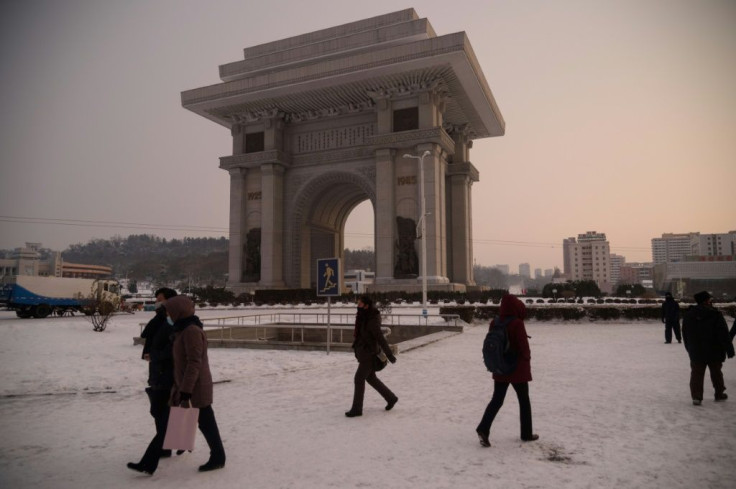
Biden's presidency presents Pyongyang with a challenge, as he is associated with Barack Obama's "strategic patience" approach and is widely expected to return to more orthodox diplomacy, with significant progress required at working-level talks before any leaders' summit.
"They are obviously doing what they have always done," said Andrei Lankov, director of Korea Risk Group. "Manufacture a crisis, drive tensions high, remind Joe Biden that you do exist."
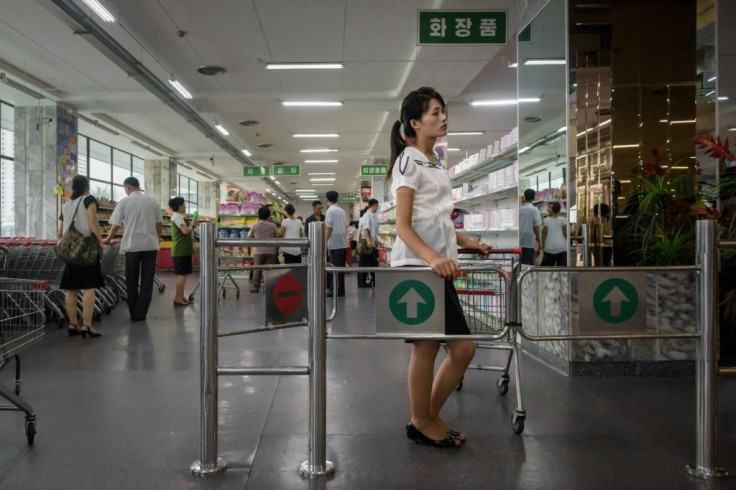
But North Korea's room to mount major provocations such as nuclear tests or ICBM launches is limited, not least by the risk of angering key ally China, on which it is increasingly dependent.
In a congratulatory message reported by China's official news agency Xinhua, Chinese President Xi Jinping said the two countries should "jointly safeguard regional peace, stability, development and prosperity".
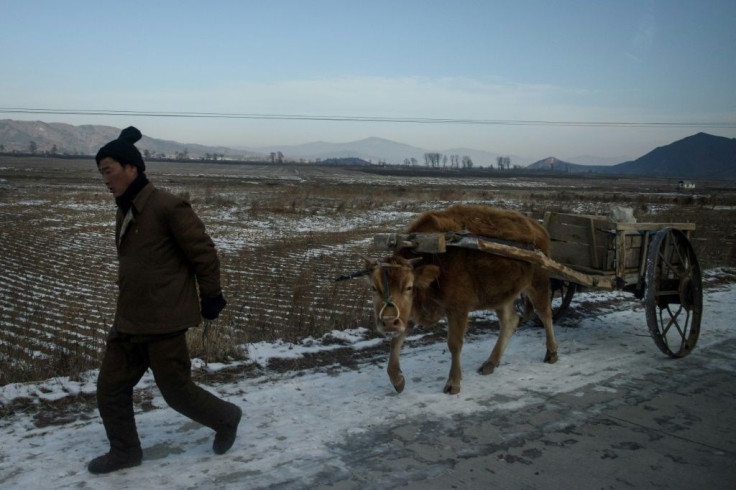
Addressing thousands of delegates packed into a cavernous hall, Kim admitted mistakes in carrying out plans for economic development in "almost all areas", calling the last five years the "worst of the worst" time for his country.
"One possible reason for the admission is that the country is in dire straits and really cannot hide or deny the truth that's apparent to everyone," said Soo Kim of the RAND Corporation.
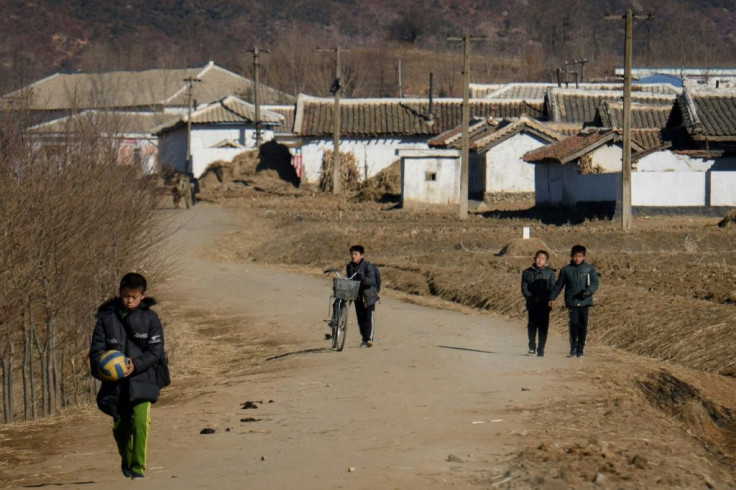
The gathering came with the country under a self-imposed blockade to protect itself from coronavirus -- isolating itself more effectively than any sanctions -- and trade with main partner China down to a fraction of the usual level.
"Instead of painting over this grim reality, the regime has chosen to acknowledge that things are quite bad," Soo Kim added.
But the party decided that the best solution to the failures of economic planning was more economic planning.
Since inheriting power following his father's death in 2011, Kim has overseen a loosening of the authorities' control over the economy, enabling small-scale traders to survive, something of a middle class to emerge in Pyongyang, and a small, usually well-connected elite to become rich.
But in his closing address Kim said the party and government should reassert their hold in the new five-year plan, "restoring and strengthening the system and order by which the economy runs under the unified guidance and management of the state".
Market reforms were off the table "for the foreseeable future", said Harry Kazianis, senior director at the Center for the National Interest.
Kim is "afraid of any sort of dissent", he added. "He knows the merchant class in North Korea has become powerful, and he does not want to compete for power with anyone."
Congress naming Kim as general secretary went against the North's traditional practice of leaders retaining their titles posthumously.
Founder Kim Il Sung, the current leader's grandfather, officially remains "eternal president", while his father Kim Jong Il is the party's "eternal general secretary".
Experts said the move was intended to enhance Kim's claim to legitimacy as the inheritor of the Paektu bloodline, as the ruling family is known.
And the party's public admission of mistakes was likely to have been carefully crafted to strengthen Kim's authority and motivate people to "rally around the leadership", Soo Kim told AFP.
"The inviolability of the NK leader still exempts him from blame for policy failures," she added, "and Kim can still take out his frustrations on his advisers and the outside world".
© Copyright AFP 2024. All rights reserved.




















